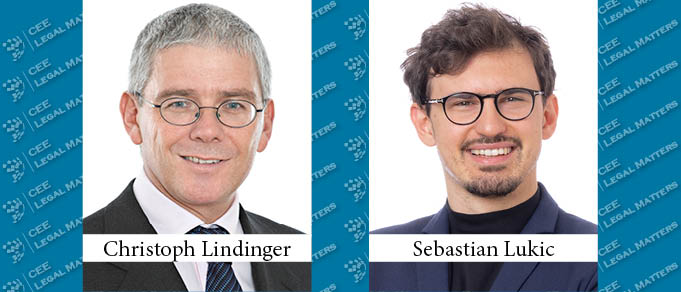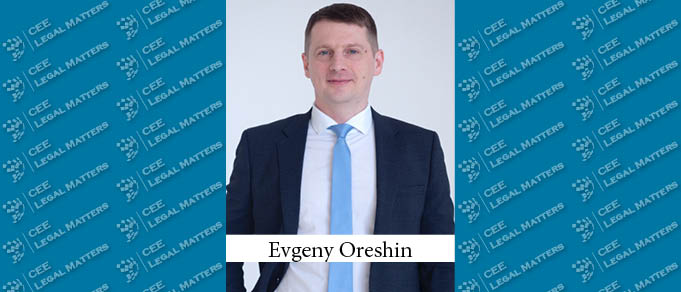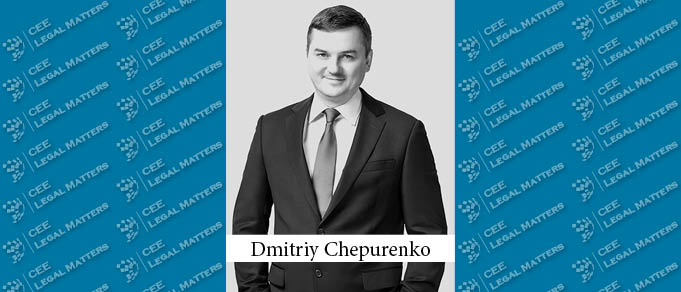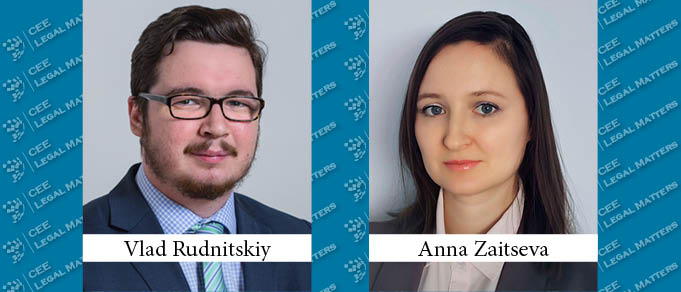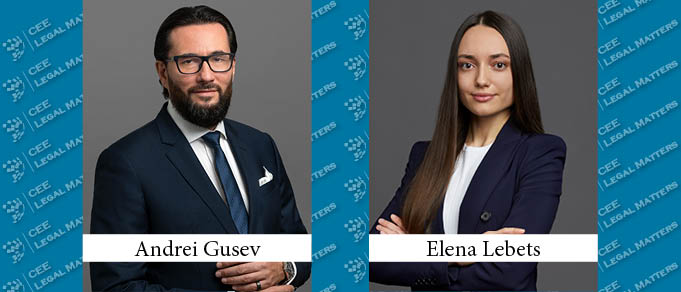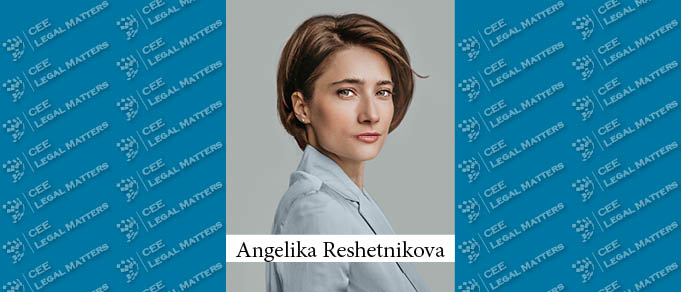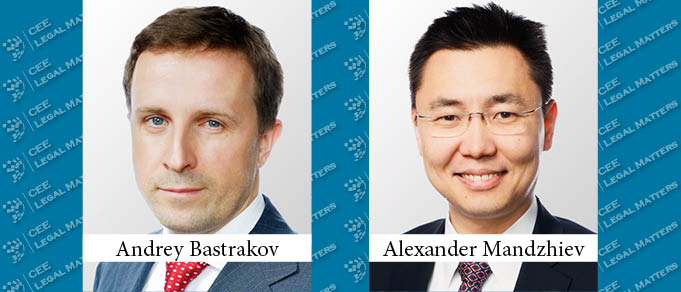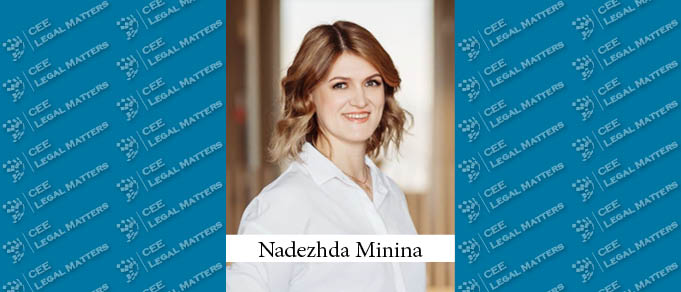The truth is rarely pure and never simple. But in the case of Russia's military operation in Ukraine, it just might be. Russia breached Article 2(4) of the UN Charter, which prohibits the use of force against the territorial integrity or political independence of any state. Russia's acts have prompted the EU, the UK and the US to impose economic sanctions, such as freezing assets and disconnecting Russian banks from the SWIFT international payments network. Whilst the number of private businesses that are halting their activities in Russia is steadily growing, Russia has adopted a law paving the way for expropriations of assets of foreign firms that leave the country following economic sanctions. But what can foreign companies do if Russia proceeds to take their assets, if they are unable to freely transfer returns from investments out of Russia or if their profits collapse?
Severing Russian Ties: Baker McKenzie and DLA Piper Announce Russian Exit
Baker McKenzie and DLA Piper have joined the plethora of firms announcing their exit from the Russian market.
Severing Russian Ties: Debevoise, Dechert, Dentons, and CMS Announce Russian Exit
Debevoise & Plimpton, Dentons, Dechert, and CMS have announced they are closing their Russian offices and exiting the market.
Severing Russian Ties: Baker Botts, BCLP, White & Case, and Hogan Lovells Exit Russia
Baker Botts, Bryan Cave Leighton Paisner, Hogan Lovells, and White & Case have announced they are closing their Moscow offices and exiting the market.
Severing Russian Ties: A&O, Clifford Chance, Herbert Smith, Squire, and Winston Exit Russia
Allen & Overy, Clifford Chance, Herbert Smith Freehills, Squire Patton Boggs, and Winston & Strawn have confirmed they are exiting Russia.
Severing Russian Ties: Eversheds and Morgan Lewis To Leave Russia
Eversheds Sutherland and Morgan Lewis have confirmed they will no longer have a presence in Russia.
Severing Russian Ties: Freshfields, Latham, Mannheimer, and Gowling To Also Leave Russia
Freshfields Bruckhaus Deringer, Latham & Watkins, Mannheimer Swartling, and Gowling WLG have joined the ranks of firms announcing they are shutting down their Russian offices.
Russia's Invasion of Ukraine, Its Impact on Gas Supplies Procured by Austrian Manufacturing Companies and Force Majeure
Russia’s invasion of Ukraine represents one of the worst security crises in Europe. It is also expected to have far-reaching implications for the global economy, particularly given Russia’s role as the world’s second-largest producer of natural gas. Sanctions will mean higher energy prices in Europe.
Severing Russian Ties: Norton Rose Fulbright Announces Russian Exit
Norton Rose Fulbright has announced it is "winding down [its] operations in Russia and will be closing [the] Moscow office as quickly as [possible], in compliance with professional obligations."
Severing Russian Ties: Linklaters and Borenius Announce Russian Office Closures and Ivanyan and Partners Loses London Office
Linklaters and Borenius have announced they are closing their Russian offices in Moscow and Saint Petersburg, respectively, while the two London-based Partners of Russian firm Ivanyan and Partners have announced they are resigning from the firm and the office will be closed.
Evgeny Oreshin Joins Eversheds Sutherland as Partner
Former Bryan Cave Leighton Paisner Counsel Evgeny Oreshin has joined Eversheds Sutherland's Russia office as a Partner in its Dispute Resolution practice.
The Buzz in Russia: Interview with Dmitriy Chepurenko of Liniya Prava
With the economy returning to pre-pandemic levels, and digital transformation being a priority, Russia is on the right track for a good 2022, according to Liniya Prava Managing Partner Dmitriy Chepurenko.
Ekaterina Kokareva joins Ozon.ru as Compliance Director in Russia
Former Beeline Russia Head of Regional Compliance Officers & Compliance Investigations Ekaterina Kokareva has joined Ozon.ru as the company's Compliance Director in Moscow.
Corporate Finance in Russia – New Options Now Available
The COVID-19 pandemic has affected the business environment in Russia considerably, similar to worldwide tendencies. On the one hand, many of the companies in Russia in various industries have been negatively affected and faced a decrease in revenue and, as a result, do not have enough internal resources for further project financing or for financing current operating costs. On the other hand, the new business circumstances have given way to the development of other companies, including various innovative start-up projects with growth potential that also requires financing at the initial stages of launching the business. In such a situation, foreign companies having Russian subsidiaries, as well as foreign companies interested in investing in start-up projects in Russia, may consider different financing options.
Admissible Evidence: Legal Approaches of Russian and English Courts
The modern legal system of the Russian Federation may be attributed to the Romano-Germanic legal family, and Great Britain is a part of the common law family. Each of these systems has its own identifying features. In this article, we are looking into different approaches of the countries to admissibility as a property of evidence.
Angelika Reshetnikova To Lead KIAP Intellectual Property Practice
Korelsky, Ischuk, Astafiev Attorney-at-Law Angelika Reshetnikova has been appointed Head of the firm’s Intellectual Property practice.
Andrey Bastrakov and Alexander Mandzhiev Make Partner at EPAM
Andrey Bastrakov and Alexander Mandzhiev have been promoted to Partner at Egorov Puginsky Afanasiev & Partners.
Nadezhda Minina Makes Partner at NSP
Former Senior Associate Nadezhda Minina has been promoted to Partner in Nektorov, Saveliev & Partners' corporate practice.

